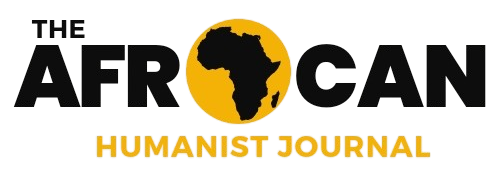Sierra Leone’s history is one of resilience, marked by its struggle against forces beyond its control. Though the country has moved past colonial rule, echoes of its colonial past still shape its present, posing challenges that cannot be ignored.
One of the most striking remnants of external influence is Sierra Leone’s resource paradox. The country is rich in diamonds, gold, and bauxite, yet this wealth has seldom translated into prosperity for its people.
Decades of resource exploitation by foreign companies have left a legacy of environmental destruction and community displacement. Despite government efforts to regulate the mining sector, unequal contracts persist, benefiting powerful international corporations while leaving locals impoverished.
The country’s economy also reveals how historical ties influence present-day challenges. During the civil war (1991-2002), foreign-backed groups fuelled conflict through the illegal diamond trade. Although the war ended, Sierra Leone’s economy remains heavily dependent on foreign aid and investment.
This dependency limits the country’s ability to set its development priorities independently. External loans often come with restrictive terms that force Sierra Leone into cycles of debt.
In education, the country has made strides, yet its system still follows outdated colonial models that prioritize theoretical knowledge over practical skills. This creates a gap between graduates and the job market, leaving many young people unemployed or underemployed. A curriculum focused on local needs and industries could better serve the nation’s future.
Additionally, global media narratives about Sierra Leone often highlight its past struggles — war, poverty, and disease — overshadowing stories of progress and resilience. This skewed image discourages tourism and foreign investment in sectors beyond resource extraction.
For Sierra Leone, rewriting its story means challenging historical power dynamics. By investing in local industries, renegotiating resource agreements, and reshaping its global image, the country can step beyond its colonial past and build a future defined by its people’s aspirations.


